A ransomware attack recently took place on London hospitals and their pathology services provider – Synnovis. It forced staff to cancel operations and move patients to other trusts after they were no longer able to match patients’ blood at the usual frequency.

The hospitals declared a ‘critical incident’, and have been appealing for O blood-type donations as this is safe to use for all patients.
So what?
The attack highlights the need to reconsider how we protect our online security (and our physical and mental wellbeing) from threats, and demonstrates the increasingly sophisticated approach from criminals.
Hospitals across North America have also seen a rise in targets from ransomware gangs – with one incident in 2023 impacting five hospitals in Ontario at once.
It has exposed a weakness in our security systems, and needs to be viewed as a global problem – and one that “everyone [must] pitch in to” to resolve (Synnovis CEO, Mark Dollar).
Sources
-
 NHS makes urgent appeal for blood donations after cyberattack on London hospitals https://www.bmj.com/content/385/bmj.q1277
NHS makes urgent appeal for blood donations after cyberattack on London hospitals https://www.bmj.com/content/385/bmj.q1277 -
 NHS appeals for O-type blood donations after cyber-attack delays transfusions https://www.theguardian.com/society/article/2024/jun/10/nhs-appeals-for-o-type-blood-donations-after-cyber-attack-delays-transfusions
NHS appeals for O-type blood donations after cyber-attack delays transfusions https://www.theguardian.com/society/article/2024/jun/10/nhs-appeals-for-o-type-blood-donations-after-cyber-attack-delays-transfusions - Hospitals across North America have also seen a rise in targets from ransomware gangs - with one incident in 2023 impact five hospitals in Ontario at once.

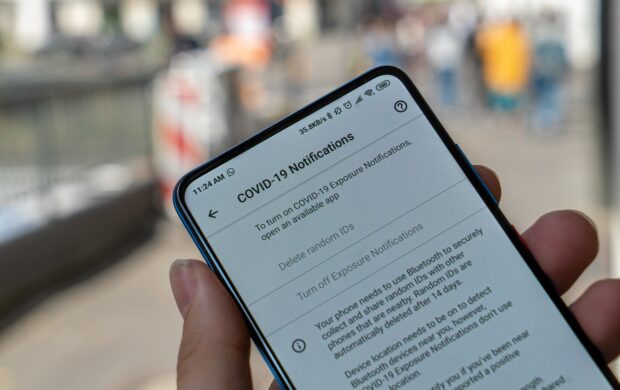
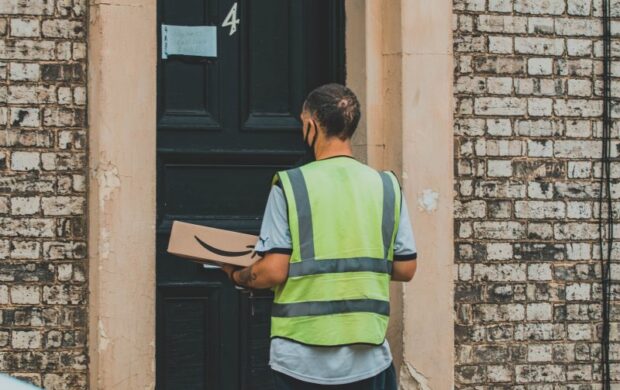

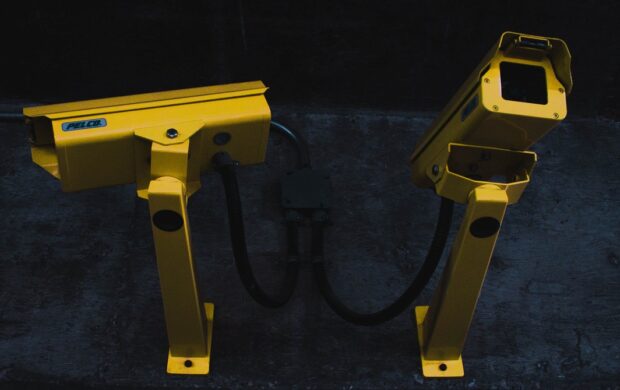
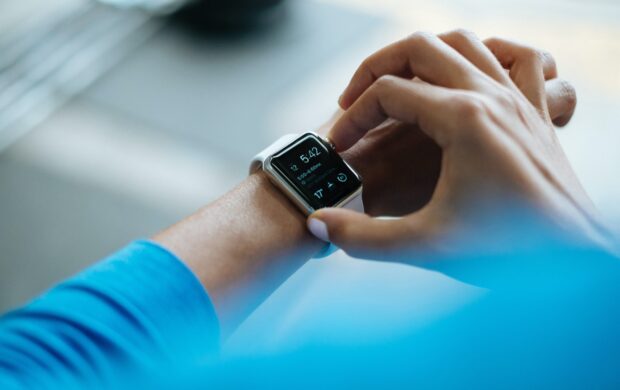
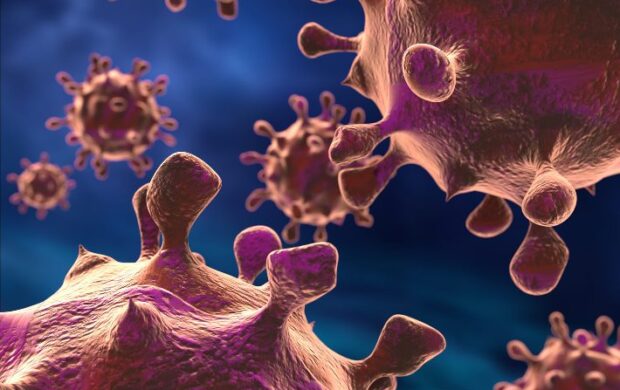

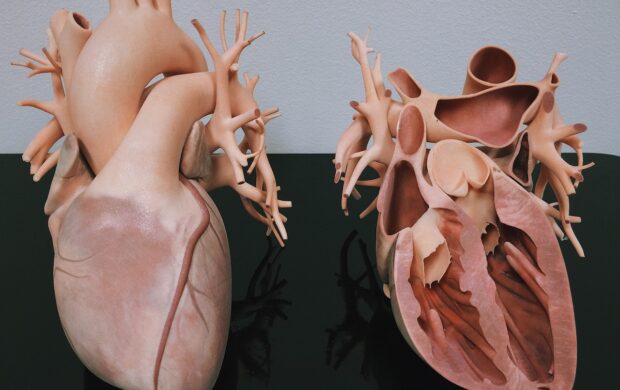
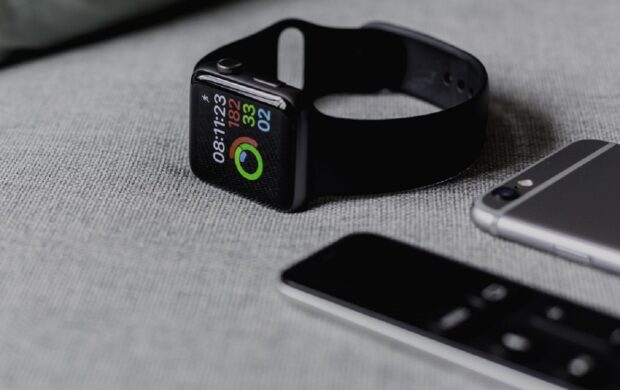

Right source: https://www.bmj.com/content/385/bmj.q1277